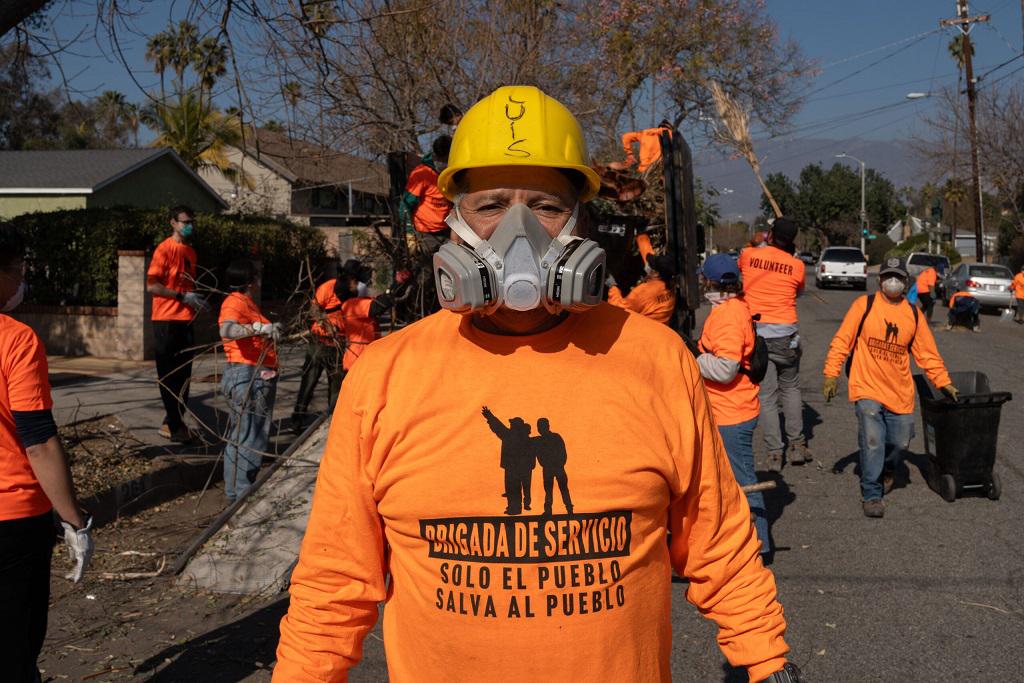“It takes a real winner to be a good loser.” That was one of Jack Buck’s favorite adages. Buck, a legendary St. Louis broadcaster, calued sportsmanship and understood that life is often composed of more defeats than victories; thus, one of the most important lessons a person can learn is how to lose.
Over the years, however, this concept has become more and more obsolete as kids are increasingly becoming shielded from losing. Kids today are being raised so that they have not had to experience real loss, which is evidenced by the popular practice of giving all participants a trophy, regardless of whether they win or not. The idea behind this is that no one goes home empty-handed, so everyone is happy.
But what happens when everyone is a winner? Certainly, the routine of awarding every participant ends at a certain age, but the expectations of it do not. Kids who receive a trophy for everything they ever participate in will continue to expect that kind of treatment, which will only harm them later in life. The earlier kids learn how to lose, and the earlier they realize that loss is inevitable, the more well-rounded they will be.
If you consider the NCAA March Madness tournament and calculate how many players went home as losers, the numbers are huge. Twenty guys won, while 2,000 guys lost. But part of being an athlete is learning how to lose. Sportsmanship ought to be the first lesson young athletes are taught, before they learn how to punt a ball or do a lay-up. The responsibility for teaching this lesson rests with coaches and parents, who often abuse it by excessively coddling their kids.
However, no matter how much parents try to shield their kids, the fact is that not everyone wins. Parents are not doing their kids any favors by not teaching them how to lose. It is okay for kids to experience disappointment. So give the trophies to the winners, and pat the other kids on the back for trying. This will teach them to keep working for a prize and will not disillusion them later in life when they realize they are not going to receive a gold star for every little thing they do.
No parent wants to drive home from a soccer game with kids in the backseat who is upset because they did not receive a shiny new piece of hardware. But that is the prime opportunity for teaching children to develop their own personal gratification from participating, and it gives them a goal to work toward.
We can sometimes learn more from the people who lose than the people who win. Losing is a better test of humanity and integrity. Kids ought to be able to prove that they are capable of exuding this integrity by experiencing defeat and learning that the most valuable trophies are the ones you win.














